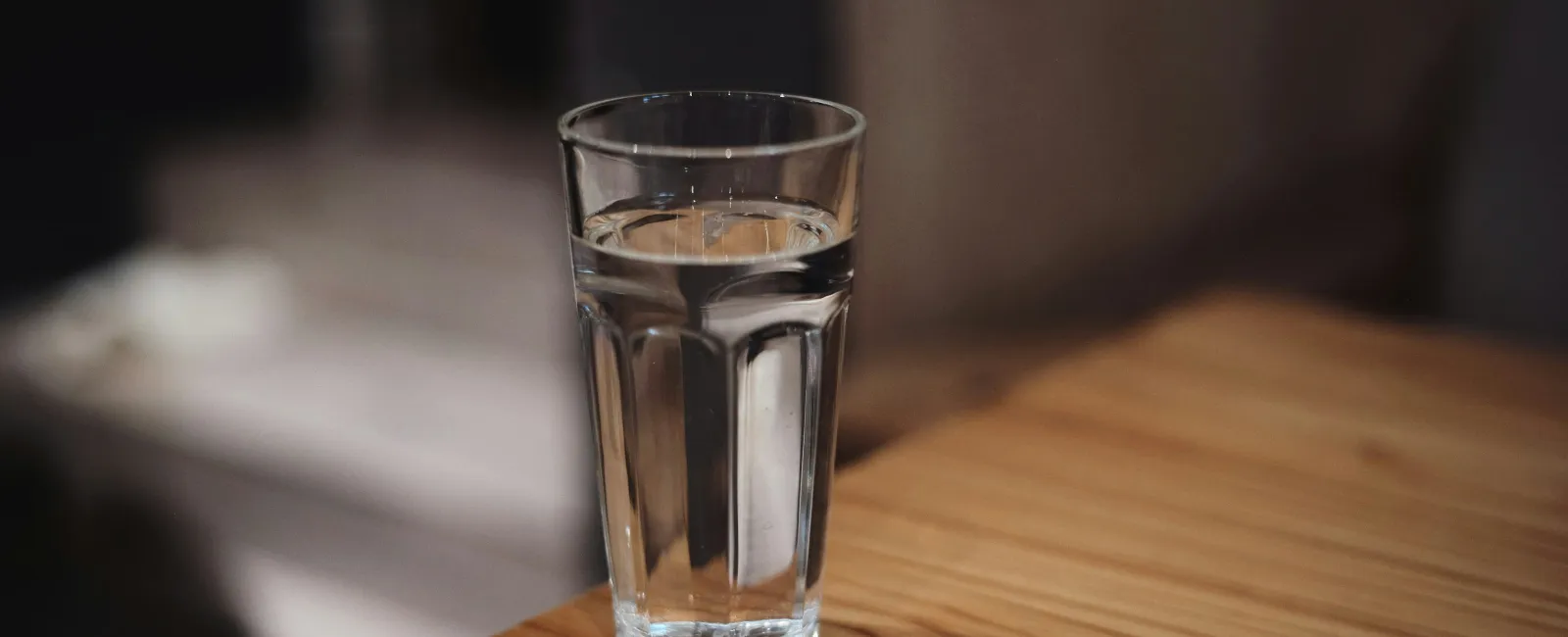Table of Contents
- Introduction
- The Science Behind Hydration
- Unique Hydration Challenges for Seniors
- Signs and Symptoms of Dehydration
- Consequences of Dehydration
- Determining the Right Amount of Water
- Practical Tips to Increase Hydration
- The Role of Technology in Monitoring Hydration
- The Importance of Caregivers
- Conclusion
How Much Water Should A Senior Get?
Water is vital for everyone, but it holds special importance for seniors, particularly those over 70. Hydration impacts various aspects of health, from cognitive function to physical well-being.
While the "eight glasses a day" rule is a common guideline, seniors often need personalized hydration strategies. 4 Seasons Home Care will share why hydration matters for seniors, the risks of dehydration, how much water a 70+ year old should ideally drink, and practical tips to help seniors stay hydrated.
The Science Behind Hydration
Water is involved in nearly every bodily function, from regulating temperature to maintaining cellular health. For seniors, adequate hydration supports cognitive function, helps maintain joint and muscle health, aids in digestion, and regulates body temperature.
Proper hydration is crucial as it lubricates joints, prevents muscle cramps, and ensures efficient nutrient absorption, which are all essential for maintaining overall health in older adults.
Unique Hydration Challenges for Seniors
As we age, our bodies face several changes that can affect hydration:
- Reduced thirst sensation, leading to lower fluid intake.
- Chronic illnesses like diabetes and kidney disease increase fluid needs.
- Medications such as diuretics can lead to increased urination.
- Mobility issues can make it harder for seniors to get water as needed.
- Cognitive decline might result in forgetting to drink water regularly.
Signs and Symptoms of Dehydration
Identifying dehydration early can prevent serious health issues. Look for these signs:
- Mild symptoms: dry mouth and lips, fatigue, headaches, dark or infrequent urine, muscle cramps, dry skin, and constipation.
- Severe symptoms: confusion, dizziness, rapid heart rate, low blood pressure, nausea, vomiting, decreased urine output, and sunken eyes.
If any of these symptoms are observed, especially the severe ones, it is crucial to seek medical attention immediately.

Consequences of Dehydration
Dehydration can lead to severe health complications in seniors. Chronic underhydration can cause cognitive impairment, increasing the risk of dementia and other cognitive issues. The risk of infections, particularly urinary tract infections, also rises with insufficient hydration.
Dehydration can contribute to the formation of kidney stones and can exacerbate kidney problems. Furthermore, dehydration can cause dizziness and balance issues, increasing the risk of falls and fractures. It is also associated with serious conditions such as blood clots, heat stroke, and electrolyte imbalances, which can lead to seizures and even hypovolemic shock.
The Right Amount of Water for a 70+ Year Old
The ideal amount of water intake varies, but a general guideline is to drink one-third to one-half of body weight in ounces each day. For example, if a senior weighs 170 pounds, they should aim to drink between 57 to 85 ounces of water daily. Factors influencing water needs include:
- Climate: Hotter environments increase fluid requirements.
- Activity Level: More active seniors need more fluids.
- Diet: High-fiber diets require more water for proper digestion.
- Health Conditions: Specific illnesses and medications may necessitate higher fluid intake.
It is essential to consult with a healthcare provider for personalized recommendations, especially if there are underlying health conditions or specific medications involved.
Practical Tips to Increase Hydration
Ensuring that seniors drink enough water can be challenging, but there are several strategies to help:
- Keep water within easy reach at all times.
- Flavor water with natural additives like lemon or cucumber to make it more appealing.
- Include water-rich foods such as cucumbers, tomatoes, watermelon, oranges, and strawberries in their diet.
- Establish regular drinking habits around meals and medication times.
- Offer hydrating snacks like popsicles, yogurt, and gelatin.
- Make hydration a social activity, such as sharing tea or smoothies.
- Limit caffeine and alcohol, which can dehydrate.
In addition to these strategies, caregivers can play a significant role in monitoring and encouraging hydration. Regularly reminding seniors to drink water, tracking their daily intake, and recognizing early signs of dehydration can make a significant difference.
In addition, caregivers can prepare hydrating meals and snacks, and create a supportive environment that emphasizes the importance of drinking fluids.
The Role of Technology in Monitoring Hydration
Modern technology offers innovative ways to track and encourage hydration. Smart water bottles that remind and track water intake can be particularly useful for seniors who may forget to drink regularly.
Hydration apps can send reminders and log daily consumption, providing a clear overview of water intake. Wearable devices that monitor hydration levels can also be beneficial, offering real-time data and alerts when fluid intake is needed. These tools can provide the necessary prompts and tracking to help seniors stay hydrated throughout the day.
The Importance of Caregivers
Caregivers play a vital role in ensuring seniors stay hydrated. They can monitor daily fluid intake, prepare hydrating meals and snacks, encourage regular drinking habits, and recognize early signs of dehydration. By creating a supportive environment and integrating hydration into daily routines, caregivers can significantly contribute to the well-being of seniors.
Caregivers can also use technology to assist in this process. For instance, setting up smart water bottles and hydration apps for seniors, and using wearable devices to monitor their hydration levels, can make it easier to ensure they are getting enough fluids. Moreover, caregivers can educate seniors about the importance of hydration and involve them in the process, making them more aware and proactive about their fluid intake.
Stay Hydrated with 4 Seasons Home Care
Hydration is a cornerstone of health for seniors. By understanding the unique challenges and needs of older adults, caregivers and family members can help ensure their loved ones remain hydrated and healthy. Implementing practical tips and leveraging technology can make a significant difference in maintaining proper hydration.
If you need professional assistance in caring for your senior loved one, our compassionate home care services at 4 Seasons Home Care are here to help. Contact us today to learn more about how we can support your family's hydration and overall health needs.
Contact Us